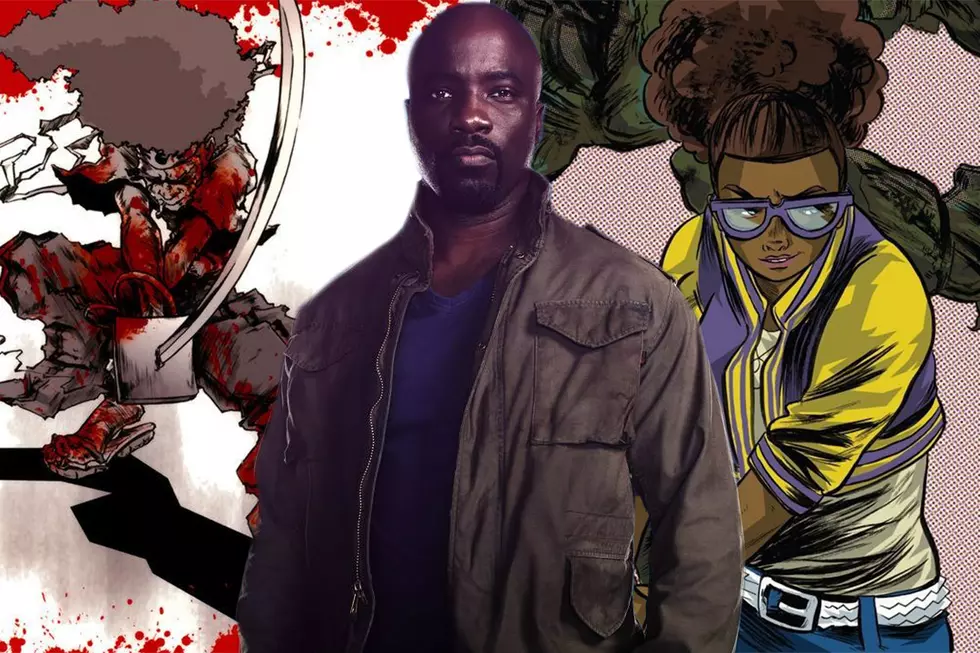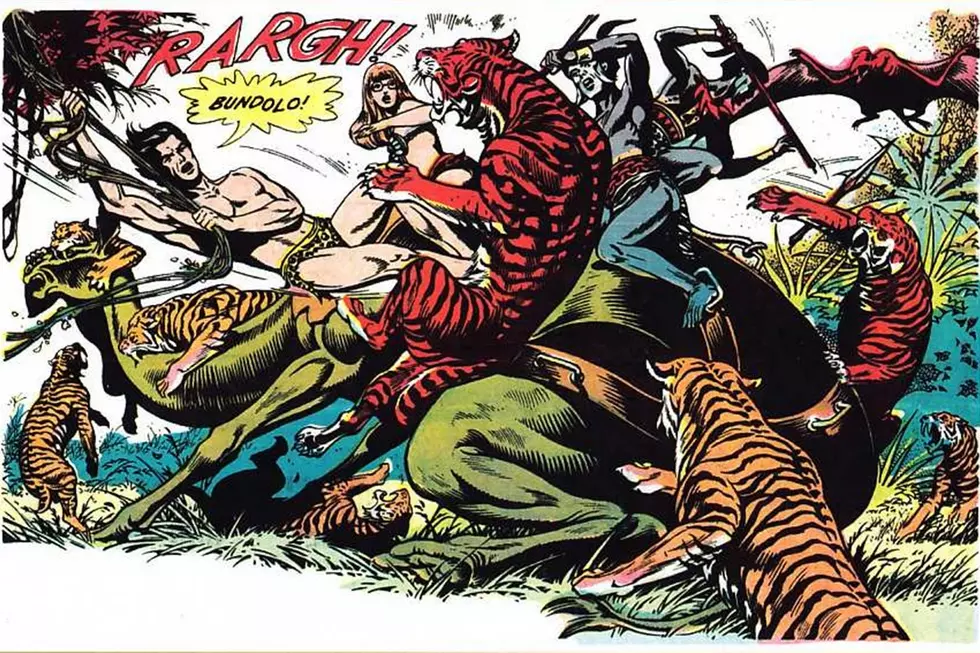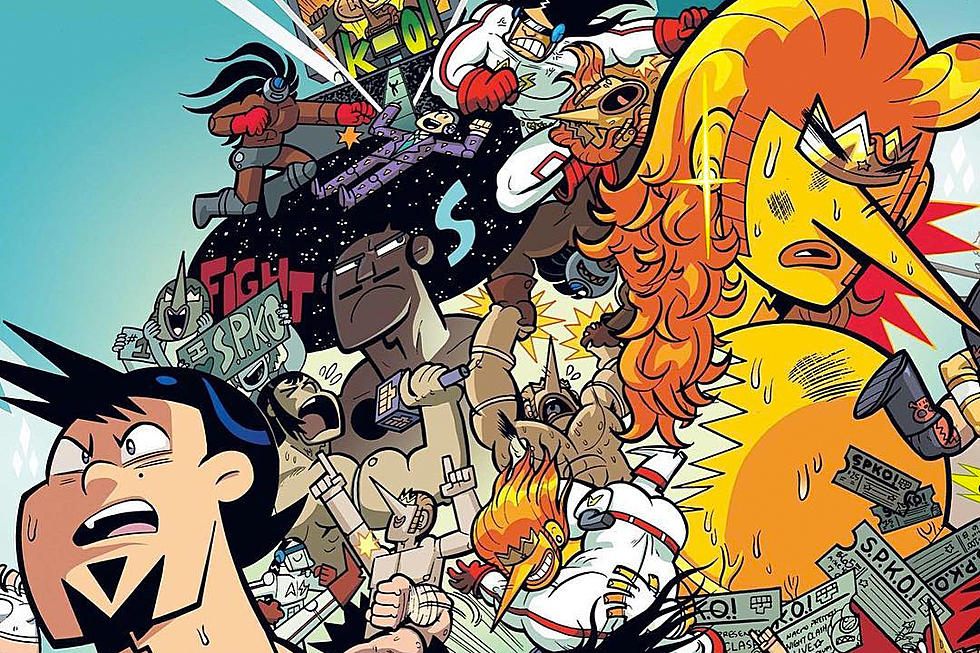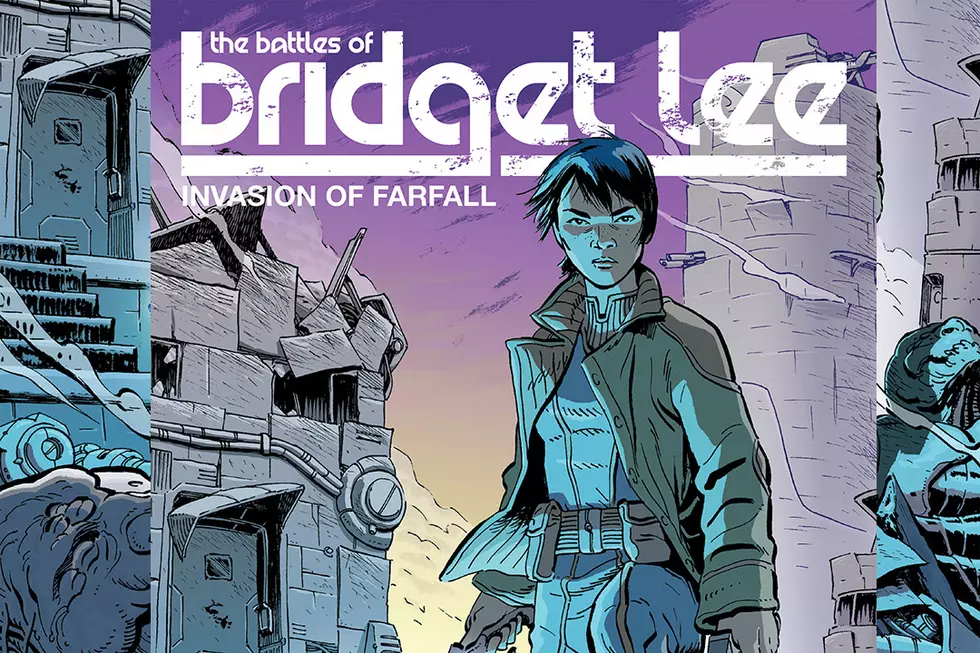
What Funnybook Words Would You Ban?
Organic.
Surge.
Back in the day.
Under the bus.
It is what it is.
Graphic novel?
Couldn't help but think about my friend Eddie Campbell -- seems he's taking a sabbatical from his must-read Fate of the Artist blog -- whilst reviewing Lake Superior State College's 33rd annual list of the List of Words Banished from the Queen's English for Mis-Use, Over-Use and General Uselessness, harkening back to his tirades, albeit polite ones, regarding the use of the term graphic novel. What follows is the Maestro's very own definition/opinion of the graphic novel ("in some vague hope that those who write nonsense will start to think more clearly").
Graphic Novel: Variously and confusingly used to indicate 1)all comic books, 2)a specific format of comic books, 3)indeed the physical object itself (as opposed to the work it contains), 4) what would in prose be a novel but illustrated as a comic, 5) a new form of pictorial literature. Since it is not much use for the purposes of communication, my feeling is that it's better to ditch the term altogether though of course it's much too late for that. However as an overview, I feel that posterity will come to see it as representative of a certain ambition to make something grand out of the elements of the strip cartoon. Its failure will be due to its inability to escape out of comic book culture.
However, Eddie claims the term comic book is useful, "because everybody knows what it means. American style comic books. They know what it looks like and can point to industry sales statistics. Comic books are clearly objects that exist in time and space. Since the things that happen in comic books follow a set of rules and involve activities that don't happen elsewhere, one can use the term to indicate a genre of popular fiction. Comic books can be formatted in different ways, thus a 200 page comic book is still a comic book."
I can agree with both definitions up to a point. From Hell is a graphic novel, and a transcendent one at that, while a story arc of the average X-Men serial (a pamphlet?) remains a comic book. Still, you could make a good argument the work by Joss Whedon and John Cassaday on Astonishing X-Men or Neil Gaiman on Sandman are powerful works that happened to be published first in a serial format.
Here's my grand challenge: If you can come up with a term that better describes what most of us in comicdom call the graphic novel, take the plunge and submit it to the folks at Lake Superior State College for banning next year. If you want to erase funnybook or fanboy (the latter not exclusive to the comics industry) from the lexicon, however, I won't try to discourage you one little bit...
More From ComicsAlliance
![Mark Batson on Erasing Creative Boundaries and the Beautiful Process of Making ‘Loaded’ [Interview]](http://townsquare.media/site/622/files/2017/01/mark_batson_featured.jpg?w=980&q=75)

![Just Outside of Trolberg: Should Your Kids Be Reading ‘Hilda’? [Kids’ Comics]](http://townsquare.media/site/622/files/2015/01/pearson-hildafolk-hed.jpg?w=980&q=75)


![Suffering Sappho: Women, Men, and Grant Morrison in ‘Wonder Woman: Earth One’ [Review]](http://townsquare.media/site/622/files/2016/04/wwearthone_heroshot_featured.png?w=980&q=75)




